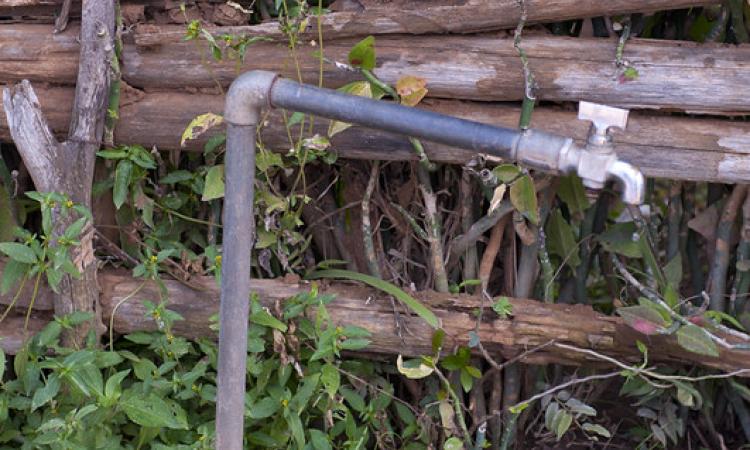
Study finds harmful chemicals in tap water samples
As per a recent study released by the Delhi-based research organisation Toxic Link, the tap water samples collected from 12 locations in the country found to have the presence of harmful chemical nonylphenol (NP). A toxic chemical and a well-known endocrine disruptor associated with several adverse effects on human health, nonylphenol has also been declared as a chemical of global concern by the United Nations Environment Programme (UNEP).
In the water samples of Delhi-NCR, the NP concentration was found to be in the range of 29 to 62 parts per billion (ppb), however, the Bureau of Indian Standards (BIS) has set the standard for phenolic compounds in drinking water at 1ppb and 5 ppm (parts per million) in surface water.
(The Times of India)
Global biodiversity is in crisis, thanks to current systems that doesn’t capture full value of nature: IPBES report
According to the Intergovernmental Science-Policy Platform on Biodiversity and Ecosystem Services (IPBES), titled ‘Assessment Report on the Diverse Values and Valuation of Nature’, policymaking has “prioritised a narrow set of values at the expense of both nature and society” with a focus on short-term profits and economic growth. The report was released after it was approved by 139 member states, including India, at a meeting of the panel in Bonn, Germany and its findings will likely be taken into consideration at the Convention on International Trade in Endangered Species of Wild Fauna and Flora (CITES), scheduled for November.
The report further adds that “market-based instrumental values”, like gross domestic product (GDP), do not adequately capture changes in the quality of life arising from biodiversity degradation.
(The Print)
Kerala Water Resources Department rejuvenated three Munnar rivers through its 'Operation Smooth Flow'
Munnar derives its name from the Malayalam words ‘Moonnu Aar’ meaning three rivers which refers to its location of the confluence of the rivers - Nallathanni, Kannimala and Kundala. These rivers join together to form the Muthirapuzha river that flows through the heart of Munnar town. The natural flow of the river and its tributaries have been severely affected due to encroachments and accumulation of silt.
In 2018, following the floods, the state water resources department initiated immediate steps to restore the rivers and prevent encroachments on them and launched the state-wide river desilting and widening project ‘Operation Smooth Flow’ and brought back the rivers of Munnar to life.
(The New Indian Express)
Environmentalists call for removal of unauthorised constructions along rivers and rivulets in Himachal Pradesh
In the wake of recent cloudbursts in the state, climatologists and environmentalists have called for the removal of unauthorised constructions along the rivers and rivulets in the state to avert loss of life and property. They have also demanded for the use of advanced forecasting technology to alert the people in advance and carrying out preventive measures.
According to Himanshu Thakkar, coordinator of SANDRP, the reason behind many people dying in a cloudburst is due to illegal construction along the course of rivers and rivulets is allowed. He further added that we need actionable cloudburst forecasts and identify more locations for installing Doppler weather radars.
(The Times of India)
Five villages near Nagpur inundated after fly ash bund of Koradi Thermal Power Station bursts
Owing to heavy rainfall, the fly ash bund of Koradi Thermal Power Station (KTPS) near Nagpur suffered a breach which resulted in inundation of five villages -- Khasala, Masala, Khairi, Kawtha and Suradevi-- with toxic fly ash slurry. The slurry not only damaged large hectare of agricultural fields but also made its way into smaller nullahs and stream and finally flowed down to Kanhan river.
According to Leena Buddhe, Director Centre for Sustainable Development (CSD), despite complaints to the authorities on the fly ash disposal by KTPS, no action was taken against them. Moreover, KTPS regularly dumped untreated fly ash slurry without following any environment norms and keep increasing the height of the bund every now and then to accommodate more slurry.
(News 18)
This is a roundup of important news published from June 26 - July 15, 2022. Also read policy matters this fortnight.
/articles/harmful-chemicals-found-tap-water-samples-study